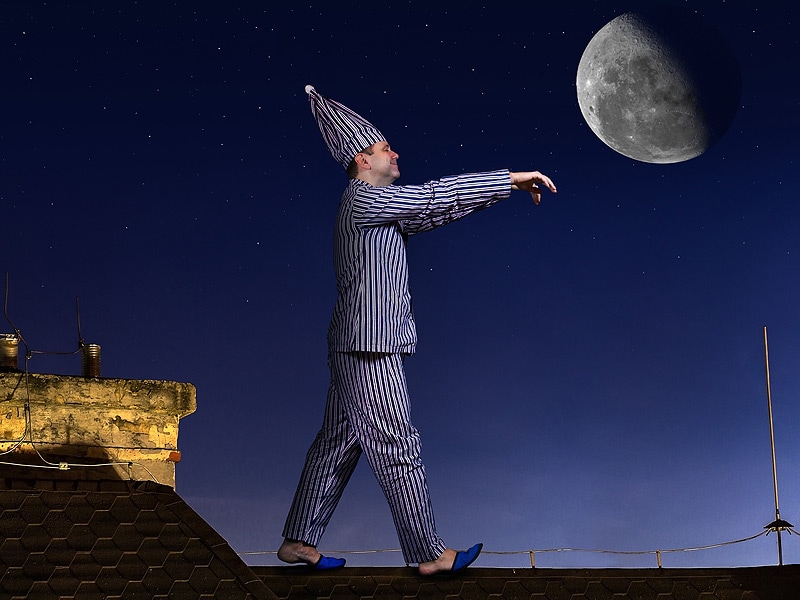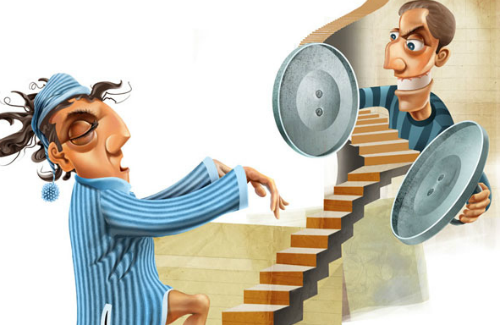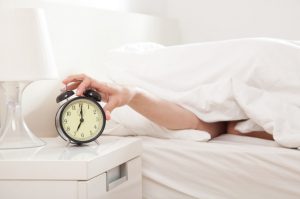Whether you’re forced to take a French class to fulfill school credits or you’re teaching yourself Japanese because you love the culture so much that you want to speak it, learning a new language is not easy. It is a slow process and is a lot of work as it requires daily practice to learn a new language. But what if you could also learn it in your sleep? Did you know sleeping can help you learn a foreign language?
How can this possibly work?Your brain does not sleep with you. While you’re sleeping, your brain is making many new connections with neurons, which are nerve cells in the brain. And during undisturbed deep sleep, your brain cells alternatively go into an active state called “up-state” and an inactive state called “down-state” about every half-second. This is where your brain is replaying the events and learnings of the day, a process called “consolidation”.
Obviously, this is not saying that you can play a language CD while asleep and then wake up to be suddenly fluent. But rather, if you are learning a new language at school or for fun, and you additionally play the language during your sleep, you’ll find it’s like magic how much better your memory is on what you have just learned. The practice of listening to the new foreign language while sleeping boosts and strengthens the consolidation process in the brain.
Has this worked before on people?Studies, such as Swiss biopsychologist Björn Rasch’s, have been conducted where students were played new foreign vocabulary in their sleep and compared their memory of it with students who were played the same words while they were awake. Results showed that the students who listened to the new-language vocabulary while asleep recalled them better on a test than the ones who listened while awake.
Another study that focused on word-learning and napping in children where they similarly let them hear new words and then sleep shortly after, resulted in them remembering the newly gained knowledge significantly better than the children who stayed awake.
The importance of sleep
As explained earlier, you cannot entirely learn a new language in your sleep, but sleep can help enforce your learning a great deal! Getting adequate and quality sleep is so important, not just for learning a new language, but for your general health and basic survival as well. It is always worth getting a decent sleep every night instead of allowing yourself to become sleep-deprived. If getting enough sleep is something that seems difficult for you, it is never a bad idea to consider some healthy sleeping tips.
Happy sleeping and happy learning!
– Julie Zhu






